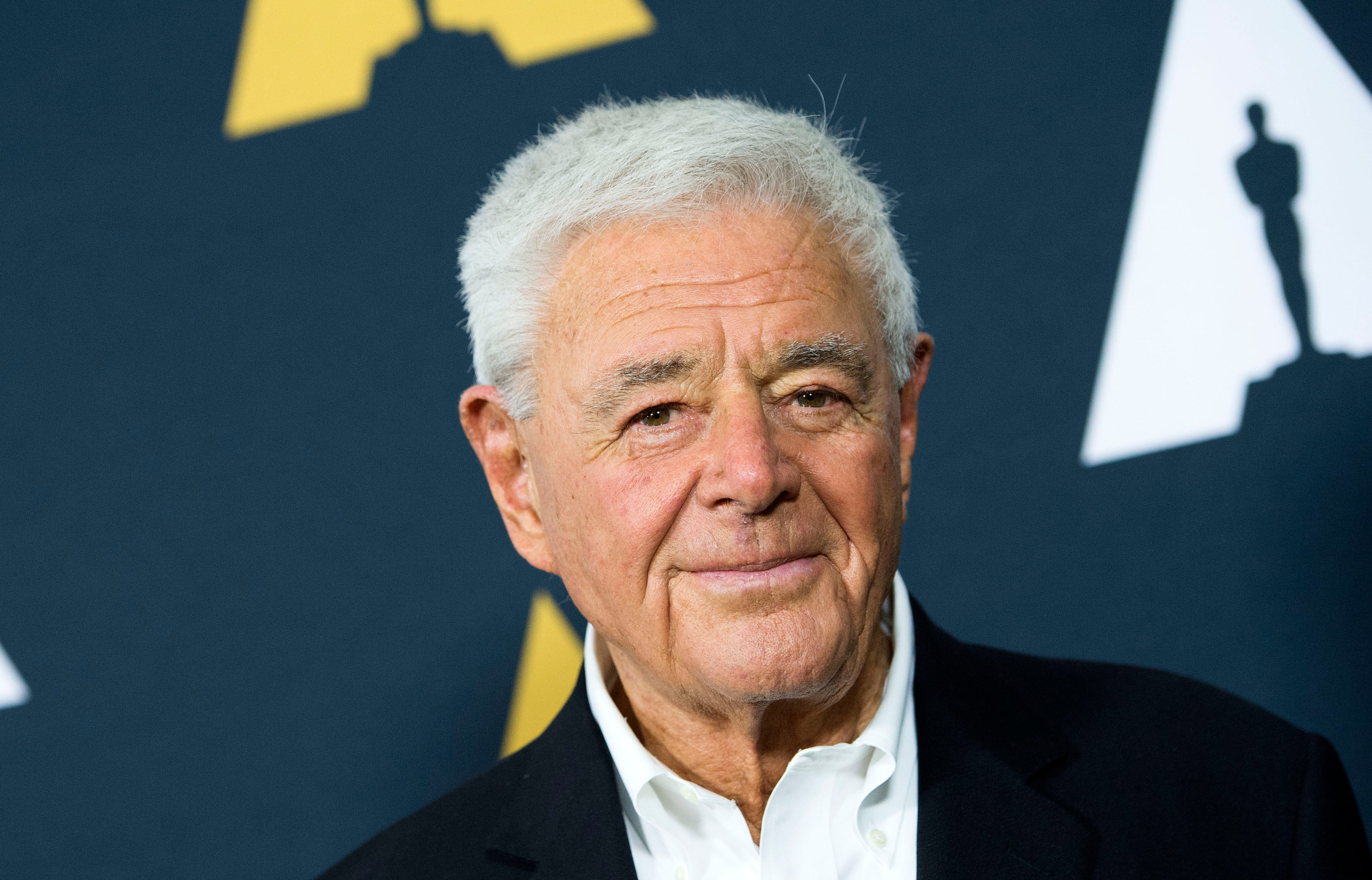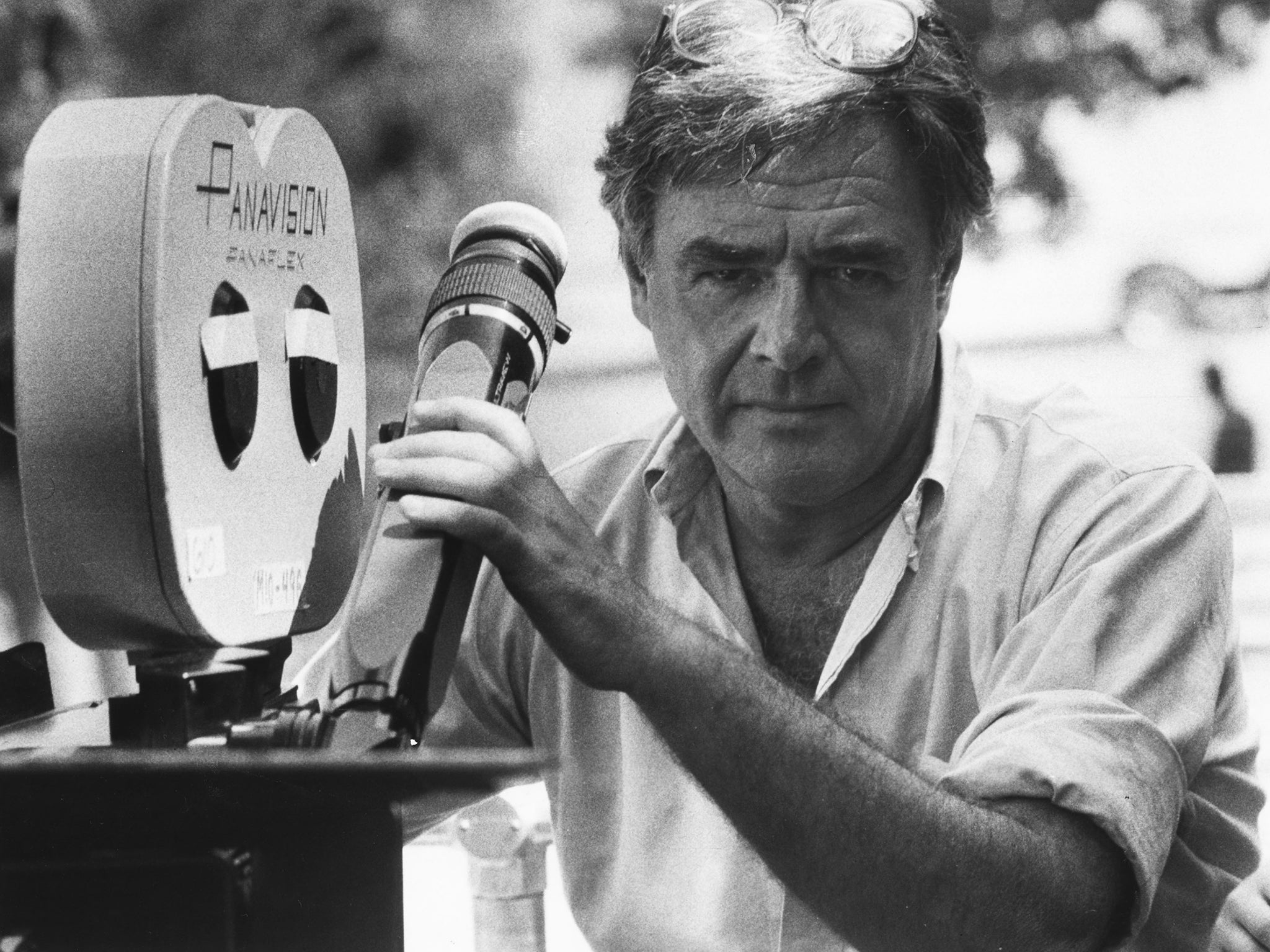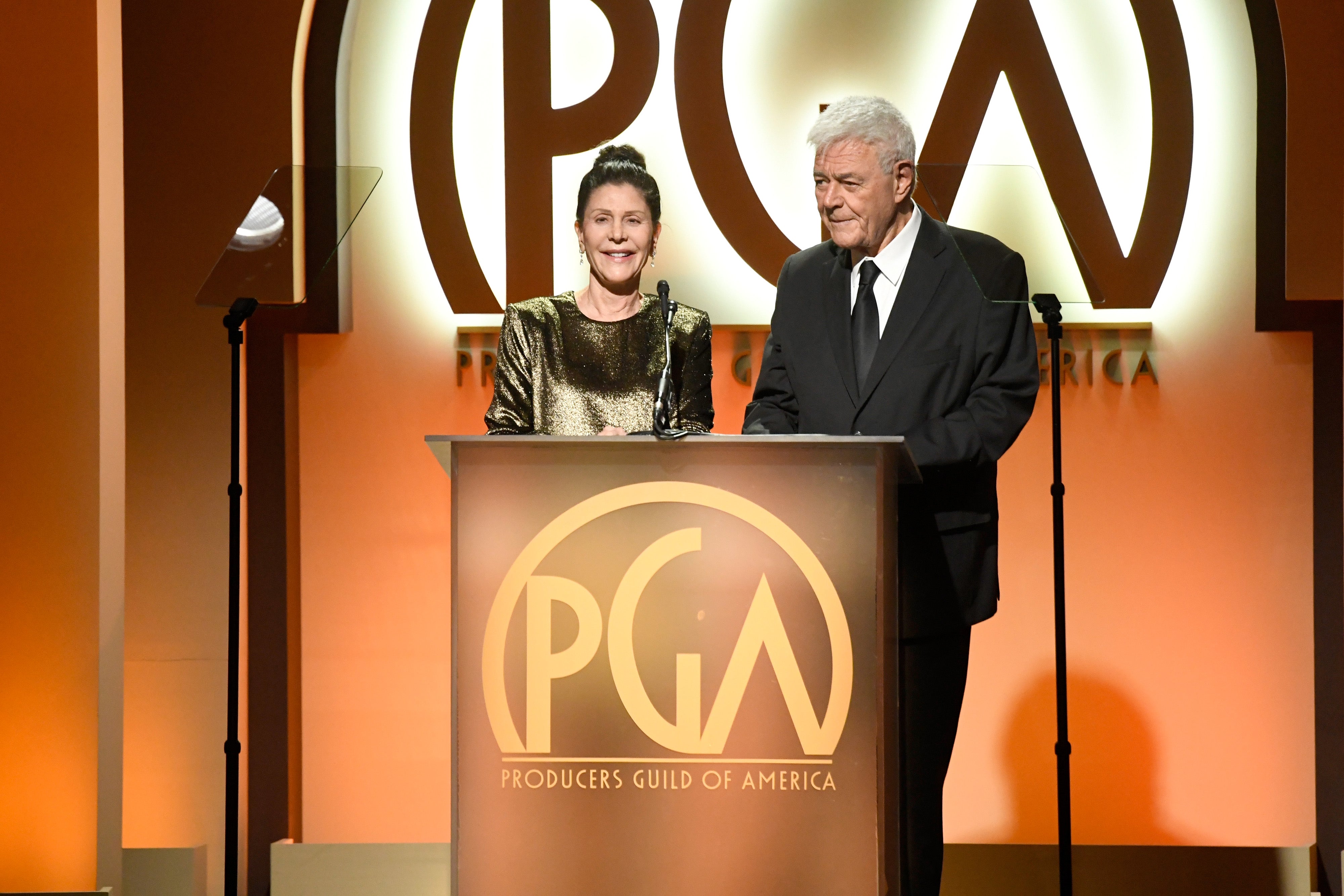Richard Donner: Director and master of cinematic blockbusters
Horror classic ‘The Omen’ launched him on a career making movies that were international box-office hits, including ‘Superman’ and ‘Lethal Weapon’

Richard Donner, who has died aged 91, was a Hollywood director and master of the blockbuster, from Superman to movie series including The Omen and Lethal Weapon. As a producer, he was also responsible for launching the X-Men films.
After 15 years in television and a handful of unremarkable movies, he took the box office by storm with The Omen (1976), a supernatural horror picture released in the wake of Rosemary’s Baby and The Exorcist.
In it, Lee Remick plays an American diplomat’s wife, unaware that her baby son was stillborn and that her husband (played by Gregory Peck) has replaced him with Damien (Harvey Stephens), whose mother has died.
Once he turns five, the adopted child shows signs of being the antichrist, as a string of chilling events and violent deaths take place, including his nanny hanging herself, a Catholic priest being fatally impaled by a church spire, and Remick’s character meeting a grisly death after being thrown through a window.
Such was the film’s success in pushing cinemagoers to the edges of their seats – taking more than $50m in North America alone – that Donner directed three sequels, in 1978, 1981 and 1991.
Seeing the original led producer brothers Alexander and Ilya Salkind to approach him to take over from director Guy Hamilton on their 1978 film Superman before it went into production.
It brought the comic-book hero back to the big screen after an absence of more than 25 years, and made a star of Christopher Reeve, whom Donner had cast in the role.
Superman was Hollywood’s first big-budget superhero movie and dwarfed The Omen’s apparent success at the box office by taking more than $300m worldwide.
One particular challenge for Donner was mounting the flying sequences, beginning with Superman rescuing Lois Lane (Margot Kidder) as she falls from her helicopter after it crashes into the Daily Planet building.
Old-fashioned techniques using cables, pulleys and fish wire were combined with a revolutionary projection system in order to make such scenes believable. The special effects won Superman an Oscar.

Donner also had to endure shooting the film and its sequel, Superman II, in one two-year shoot.
Disagreements with the producers meant that Donner himself was replaced by Richard Lester three-quarters of the way through the filming of Superman II, which the Three Musketeers director mostly remade. Three further sequels followed.
Donner went on to create another film franchise in Lethal Weapon (1987), which had an “urban western” script written by Shane Black. The buddy-cop action picture paired Mel Gibson’s renegade white officer with an African American sidekick played by Danny Glover.
The director saw the relationship between the two as crucial to the story, and after having Gibson flown to Hollywood from Sydney and Glover from Chicago, he knew he had the right pairing.
“It took about two hours,” he recalled, “and by the time we were done, I was in seventh heaven. They found innuendos, they found laughter where I never saw it, they found tears where they didn’t exist before and, most importantly, they found a relationship – all in just one reading.”
Donner directed all three sequels, in 1989, 1992 and 1998, and announced in 2020 that he was planning another with Gibson and Glover, but it had not gone into production at the time of his death.
The director’s other legacy is as an executive producer of the X-Men movies, featuring the mutant superheroes created by Jack Kirby and Stan Lee for Marvel Comics.

He served in that role on the first film, in 2000, and the prequel, X-Men Origins: Wolverine, nine years later.
They were made by the Donner Company, which he formed with his producer wife Lauren Shuler as Donner/Shuler-Donner Productions in 1986, a year after they married.
“She’s a genius in creating projects and I adore working with her,” said Donner. “She’s built our production company more than I have.”
Richard Donald Schwartzberg was born in 1930 in the Bronx, New York, to Hattie (nee Horowitz), a secretary, and Fred Schwartzberg, who owned a furniture business. Both were of Russian Jewish heritage.
Donner – who took his professional name from the Donner party tragedy, when 19th-century pioneers in wagons met their deaths in blizzards – served as an aerial photographer in the US navy.
Then, after briefly studying business at New York University, he decided on acting as a career, starting by performing with amateur companies.
When he landed a part in a live television show, Donner’s questioning of an instruction led its director, Martin Ritt, to suggest that he consider directing rather than acting.
He took the advice and worked on entertainment shows, westerns and dramas, including half a dozen episodes of The Twilight Zone, a sci-fi anthology series (from 1963 to 1964).
Several attempts to break into films included directing Sammy Davis Jr and Peter Lawford as two bumbling nightclub owners investigating the murder of a secret agent on their premises in Salt and Pepper (1968) and Charles Bronson and Susan George in the romantic comedy Twinky (1970).
Donner’s other films as a director included The Goonies (1985), a Steven Spielberg-produced story about a bunch of misfit children searching for buried treasure; Scrooged (1988), with Bill Murray in a modern-day version of A Christmas Carol; Maverick (1994), a western comedy featuring Mel Gibson, Jodie Foster and James Garner; and Assassins (1995), starring Sylvester Stallone as a contract killer. His final film was released in 2006.
With his own company, Donner’s films as executive producer included The Lost Boys (1987) and Free Willy (1993).
His wife survives him.
Richard Donner, director, born 24 April 1930, died 5 July 2021
Join our commenting forum
Join thought-provoking conversations, follow other Independent readers and see their replies
Comments

Bookmark popover
Removed from bookmarks